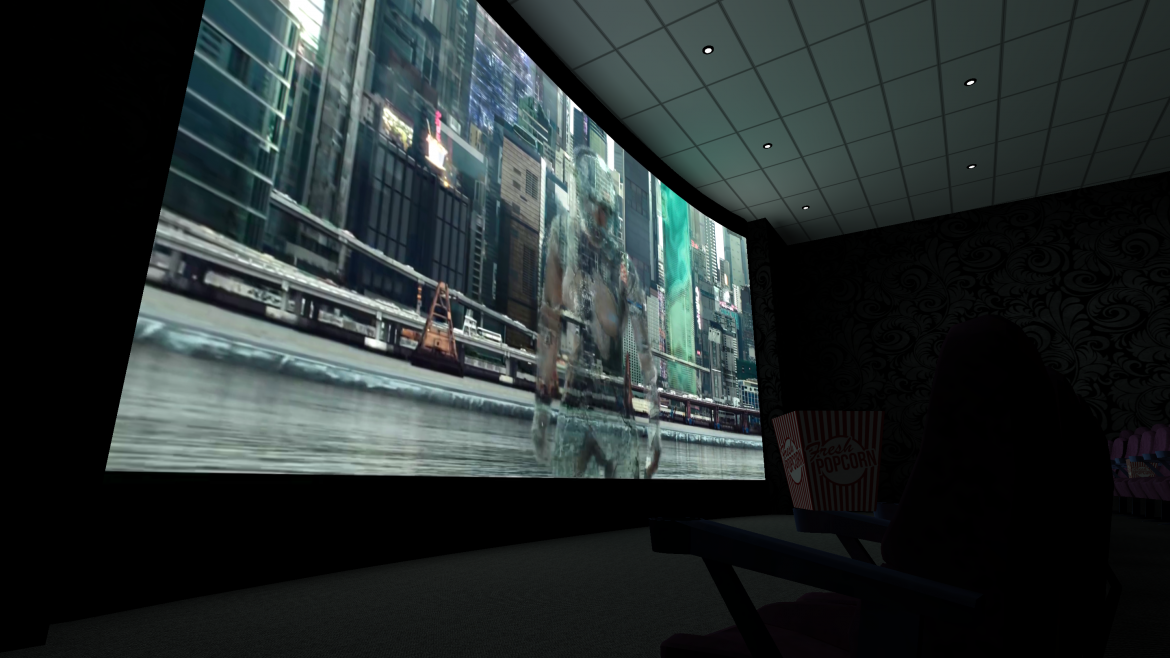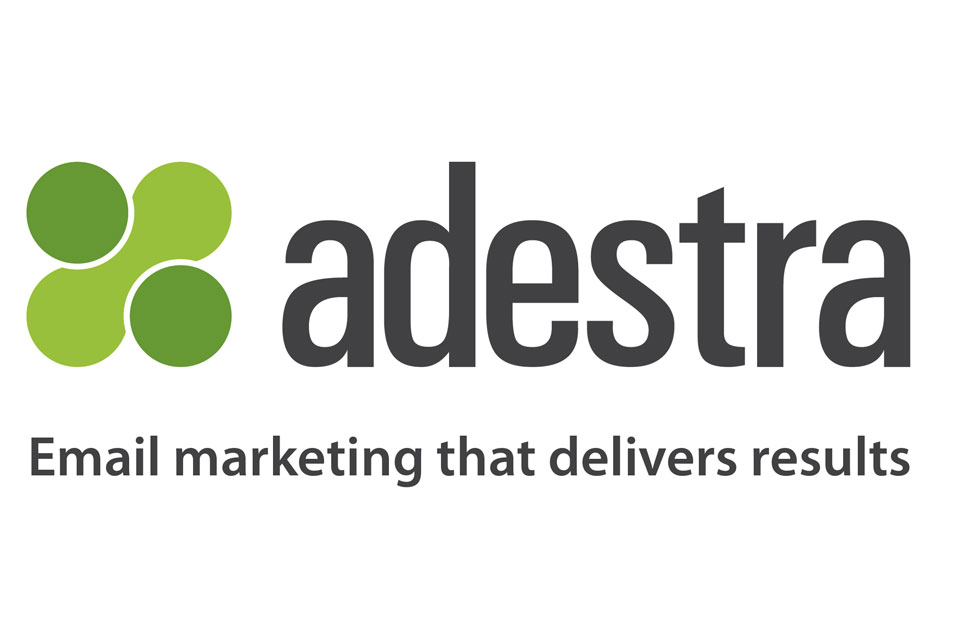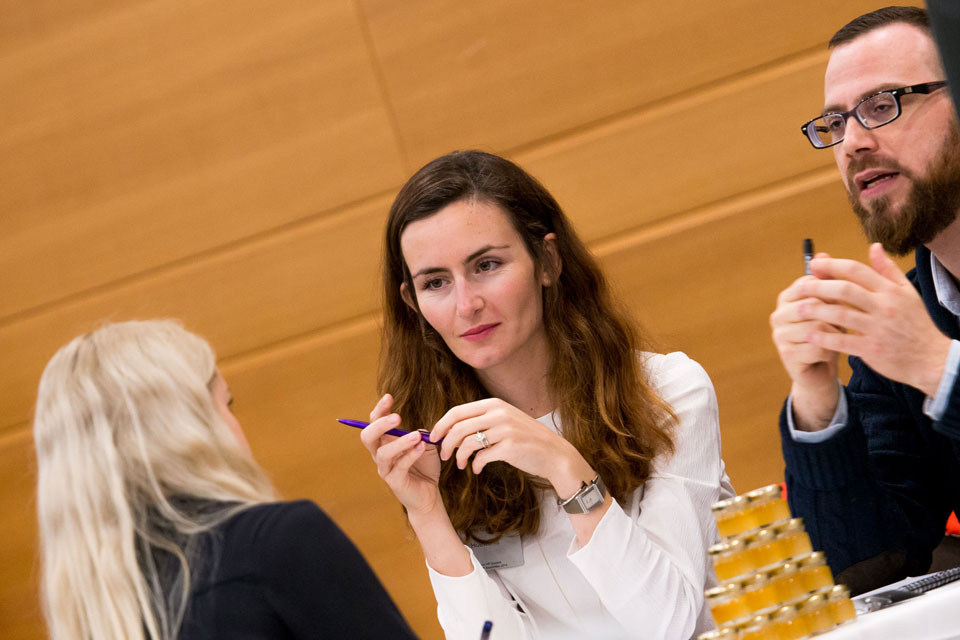GUEST BLOG: The Wild West of Virtual Reality Marketing
Komal Sable, COO of Tengio, talks about the growing power of VR, and what marketers need to be aware of in the digital age.
The purpose of marketing is to promote, to draw attention, to build interest, and to inspire passion. Imagine now, a medium which enables you to create emotionally invested, passionate customers. A medium that can affect behaviour on the subconscious level. That medium exists today, in the form of Virtual Reality. Research is ongoing into the potential, but current studies suggest that the immersive nature of VR can be used very effectively for treating PTSD and phobias, or for training people in new skills and behaviours, making it a powerful new technology bearing a lot of responsibility.
Virtual Reality as an industry is in its infancy, we aren’t even close to uncovering the tip of the iceberg yet. However, in the last 4 months the Playstation VR has been on sale, in very limited quantities but they’ve managed to ship close to 1 million devices. Google Store has shipped 10 million cardboard devices. These numbers lead us to believe that VR isn’t just a fad; it’s here to stay as a new medium of content consumption. What is terribly exciting is that as a medium, it’s still the Wild West; there’s excitement, passion and opportunities to be grabbed if you strike at the right time.
Something that baffles me is the lack of marketing agencies embracing VR. There have been some big companies who’ve dipped their toes in VR; Coca Cola, McDonalds, Jaguar, Glenfiddich etc. but I’d personally have expected more. Marketers talk about creating compelling and emotionally authentic media content and here they have a medium that gives them just that.
If you want to market a product/brand to millennials, marketing agency can look at VR as an excellent tool to introduce new products and immersive experiences. Brand awareness and loyalty, can be achieved through the medium of VR. For example, How does a hotel, cruise or holiday company convince someone that it can offer an amazing experience when the person has never tried it?
A brochure, website or videos can take you so far, but actually taking them to the destination and allowing them to walk around the accommodation, to look at the views, to be inside the experiences, that’s the sort of tangible experience that gives a real sense of what it would be like and sells it like no other medium. Hotels and Travel companies can offer a VR experience to customer of a selected destination, before choosing their holiday. Marketers can use VR for product, educational, research, commercial, training and many more experiences. A good start is Web VR and Mobile VR, since most consumers own a mobile or web-capable device, and the google cardboard is the most widely accessible platform.
Digital marketers and Innovation heads of companies need to come up with exciting new ideas to reach out the existing and new clients, and as the hardware becomes increasingly affordable and available in the consumer market, now is the perfect time to get in ahead of the rush and to make a unique impression through VR.





